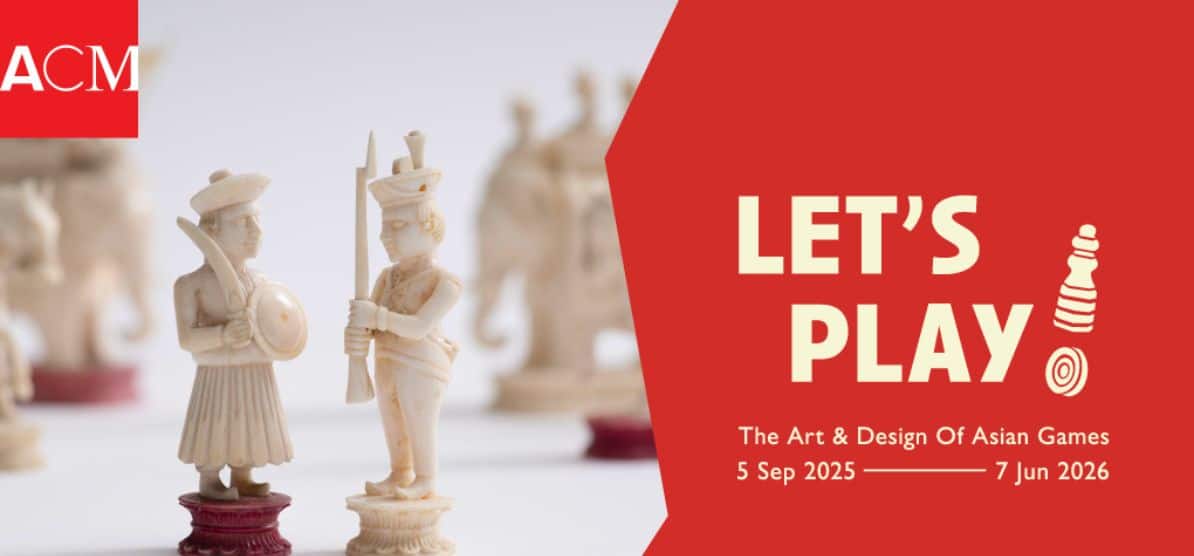
Everyone needs an estate plan, and few people have one.
Many people do not have an estate plan or fail to update old estate planning documents they might have prepared earlier. Others simply delay estate planning for various reasons.
Perhaps they do not consider their assets to be valuable enough for an estate plan. Some might assume that estate planning is only for the rich. Then there’re those for whom thinking about death is unpleasant.
The reality is that if you’ve spent decades working and raising a family, then you would definitely have accumulated assets that are worth something.
Furthermore, without a proper plan of distribution, your family could end up incurring costs which are payable to the courts in order to claim your assets or, worse, squabbling among themselves.
Advertisement
Some considerations when drawing up an estate plan
Anyone contemplating doing a proper estate plan will have to consider several issues.
- Who do you want your money and property to go to?
- Will they use the money wisely or will they squander it?
- Are any of your beneficiaries likely to be made bankrupts, which would then mean your assets would be seized by his or her creditors?
- Is the money intended to sustain them?
If so, for how long? And so on.
When drawing up an estate plan, you might also want your assets to be distributed fairly and equitably whilst simultaneously ensuring that you minimise disputes and maintain harmony among your beneficiaries.
In addition, you would also want to minimise “leakages’’ through taxes and probate costs.
Last but by no means least, you would have to identify the persons or professionals to execute the estate plan.
This is why it is always best to consult a professional, most commonly a lawyer, for proper advice.
Means of transferring assets
1. By Way of a Gift
Possibly the simplest means of transfer of your assets is by way of a gift during your lifetime.
Physical items like property, jewellery, watches, coin collections or other valuable collectibles can be gifted to whoever you wish. If necessary, a Deed of Gift could be drawn up and properly witnessed so as to avoid any disputes later.
However, when gifting property, there are some points to bear in mind.
For instance, the mortgage should generally have to be fully paid, otherwise the lending bank could raise objections. If the property is the subject of a CPF charge, it would be best to check with CPF before undertaking the gift.
Note also that stamp duties will still have to be paid.
2. By Way of a Will
This is probably the most common and convenient method of ensuring your assets go to your intended beneficiaries.
Note that there are certain requirements for a Will to be valid under the Wills Act, such as the person making the Will (the “testator”) has to be at least 21 years old and of sound mind, the Will has to be in writing and the testator’s signature has to be at the bottom as any writing below the signature will not be valid, and at least two witnesses who are at least 21 years old have to be present to witness the signature of the testator.
Also, note that beneficiaries or spouses of beneficiaries of the Will are prohibited from acting as witnesses and that a Will only comes into effect when the testator has passed away.
If you have already gifted certain assets to particular persons during your lifetime or made adequate provisions for them and then wish to exclude those persons from your Will, then, in order to avoid disputes, it would be advisable to include a clause in the Will explaining why they are not being given any part of your estate.
Note that a person who purchases a property with another person as joint tenants is not allowed to make a gift of his share of the property through a will when he passes on.
This is because any property purchased by two or more parties as joint tenants operate based on the law of survivorship.
What this means is that when a party who owns a property as a joint tenant with another person passes on, his share of the property is automatically inherited by the other person.
As such, any such property included in a will is not valid as a gift.
Last but by no means least, make sure your family knows where your Will is kept.
Safety is the foremost consideration in deciding where to store your will. It has to be kept in a safe place where it cannot be easily tampered with or destroyed.
The Wills Registry also allows you to deposit your will information with them which will help your loved ones to gain access to your will.
Maintained by the Singapore Academy of Law, the Wills Registry is a confidential registry where testators can conveniently deposit their Will information for a fee of $50. This information will be kept in the system for 120 years from the date of birth of the person making the Will.
Note however, that details of the Will’s contents are not stored here, only who is the testator, the date of the Will, the party that drew it up and where the Will is kept.
It’s not costly to get a Will properly drawn up by a lawyer; prices start as low as S$150. There are also a few free Will-writing services that could be worth exploring.
2a) Revocation of a Will
A Will can be revoked by a later Will. The date of a Will is therefore very important as the latest Will would prevail, especially if it contains a clause revoking the earlier Wills.
The importance of having proper dates on Wills was thrust into the forefront a few years ago in the case of a well-known gentleman who lived in Oxley Road and left several Wills that became the focus of dispute among family members.
Note that a Will is automatically revoked by marriage or re-marriage but not by divorce.
If you happen to get divorced, have named your ex-spouse as a beneficiary and you don’t want him or her to receive your assets, then you have to make a new Will.
3) By Way of a Trust
Assets can be transferred into a legal structure known as a Trust and held by a Trustee as the legal owner for and on behalf and the benefit of the beneficiaries under the Trust.
Trusts can be considered if you have a large estate and wish to control and protect your family’s assets. You may also want the money held in trust to be invested.
Some other instances when Trusts are considered are when you wish to provide for a child who is a minor, or has special needs, to provide for an adult child who is careless with money or to protect your money in the event of a divorce.
Don’t forget your CPF
For many, money in our Central Provident Fund (CPF) accounts can form a significant part of our assets. However, it is important to know that CPF money cannot be distributed by way of a Will.
The reason is because if CPF funds could be included in a Will, then they would form part of your estate, in which case the money can be seized by your creditors before distribution.
So, if you still have a sizeable housing loan for example, a significant portion of your CPF could be taken away to settle that loan, leaving very little for your family.
CPF funds are therefore protected from creditors. If you do not make a CPF nomination, then the funds will be distributed according to the laws of intestacy, which essentially means the money will go to your family.
Of course, you are free to nominate whoever you wish to receive your CPF and even specify the proportions they are to get.
Just bear in mind that the same rules surrounding revocation of Wills also apply to CPF, ie. your nomination is automatically revoked if you marry or remarry, but it is not revoked upon divorce.
Make use of My Legacy
My Legacy is a government agency website that aims to make planning the final stages of life easy and meaningful for both you and your family.
An initiative under the Smart Nation “LifeSG” Strategic National Project, My Legacy was developed by an inter-agency taskforce looking at end-of-life matters.
The taskforce is led by the Ministry of Health and Public Service Division, with support from government agencies like Government Technology Agency, Agency for Integrated Care, Family Justice Courts, and Ministry of Law.
You can use the platform to document and share your end-of-life plans. It also allows you to understand what the steps and information are needed to write a will, or for estate planning.
In addition, you can also make an advanced care plan and prepare for palliative care and caregiver support.






